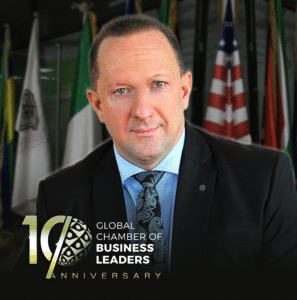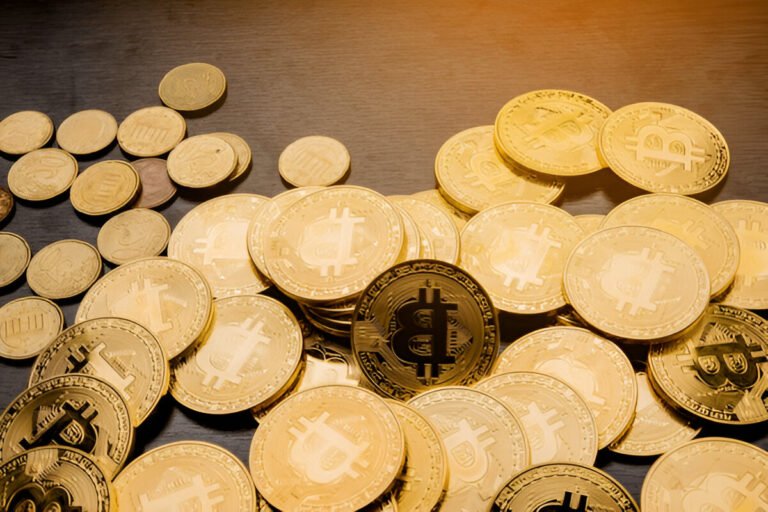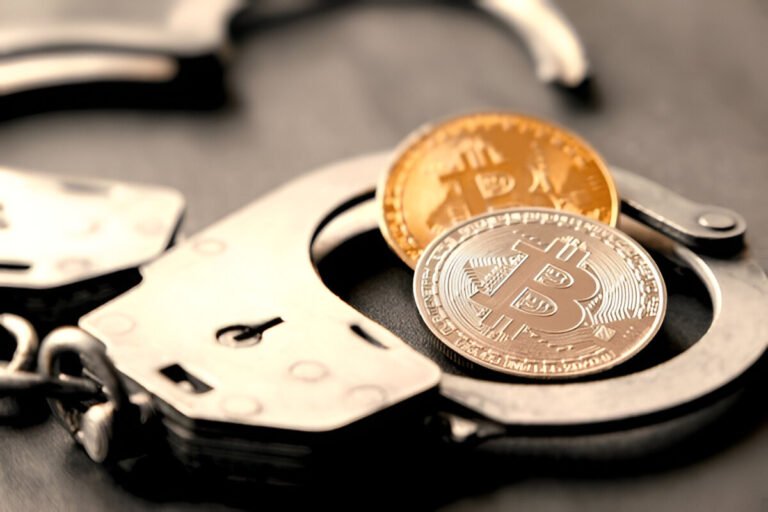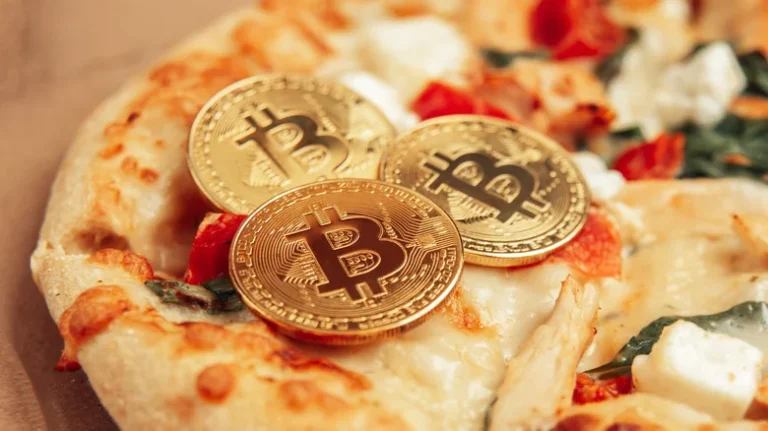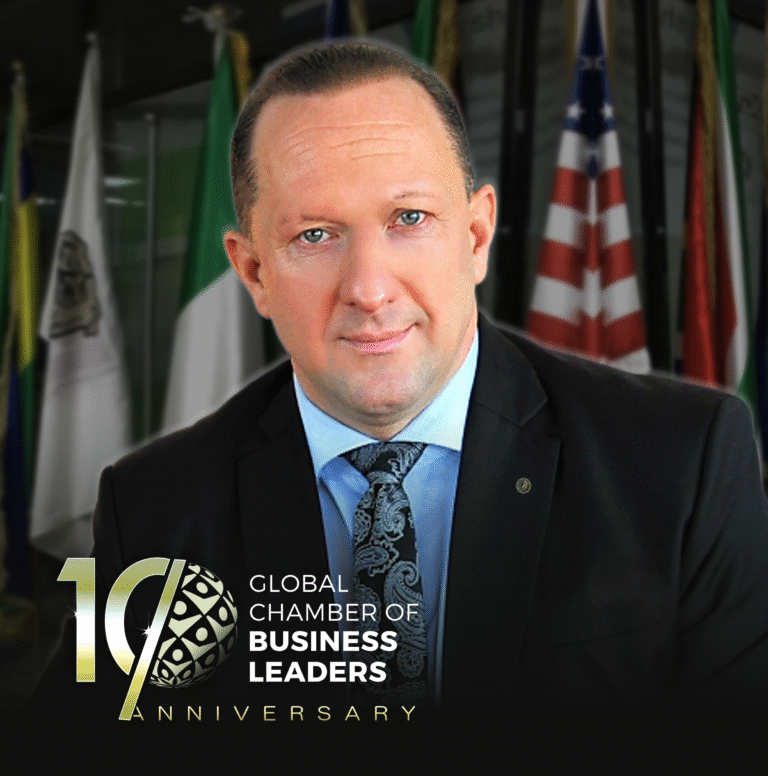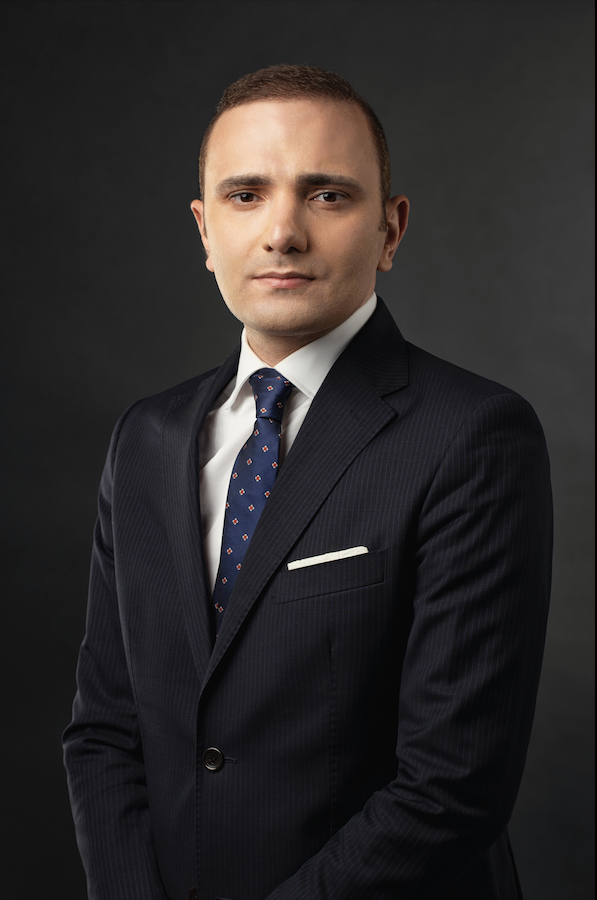Table of Contents
Alright, let’s be real for a second: how many times have you heard that whole “money can’t buy happiness” line? Probably too many to count. But, c’mon, we live in a world where everything costs something. From your daily coffee fix to that Netflix subscription you can’t live without, life isn’t exactly free. So, the million-dollar question (pun intended): Can money really buy happiness? Or are we all just chasing dollar signs with false hope?

Money Can Buy Comfort, and Comfort Feels Like Happiness
First off, let’s get one thing straight. Money might not buy happiness, but it sure can rent it for a while. Imagine you’re broke, stressed, and just struggling to make rent. You’ve got that knot in your stomach, and the only thing you’re worried about is surviving the month. Now, compare that to someone who’s financially stable. They’re not sweating bills; they’ve got a cozy home, food on the table, and maybe even a little savings for emergencies. So, it’s safe to say that having enough cash to cover your basic needs can absolutely reduce stress and give you a sense of security. And let’s be honest, feeling secure feels a lot like happiness, doesn’t it?

I mean, there’s a reason why people say being broke stinks. When your bank account’s in the negatives, you’re not exactly throwing confetti, are you?
The Sweet Spot: When Money Does Make You Happy
Studies (yeah, people study this stuff) have found that money does make people happier—up to a point. For example, in the U.S., some experts say that happiness increases with income but only until you hit around $75,000 a year. After that, it’s not like extra money makes you happier; it just gives you more things. The reason? Once you’ve covered your basic needs—food, shelter, healthcare, and maybe the occasional vacation—you’re pretty set. More cash doesn’t necessarily mean more smiles; it just means more stuff. And guess what? Stuff loses its shine real quick.

Imagine this: You buy the latest iPhone, right? For the first few weeks, you’re taking pictures of everything, showing it off, and loving that sleek design. But after a while, it just becomes… well, another phone. That’s a hedonistic adaptation for you, folks. fancy term for “the excitement wears off.”
The Trap of Chasing More
So, what happens when you get caught in the loop of thinking that more money equals more happiness? You start chasing it. You start sacrificing your time, relationships, and sometimes even your sanity just to get that extra zero in your account. Suddenly, the grind becomes your life. You’re pulling 70-hour work weeks, hustling for that promotion, or launching side gigs. But guess what? You’re too busy chasing the bag to actually enjoy it.
Money, when it becomes the end goal, can actually rob you of happiness. It’s a classic case of “doing too much.” What’s the point of having all the money in the world if you’re too tired, stressed, or isolated to enjoy it?

We all know someone who’s rich as hell but miserable. They’ve got the mansion, the car, and the fancy clothes, but they’re still empty. That’s because money can’t buy things that really make life worth living—like love, genuine friendships, a sense of purpose, or inner peace.
Spending on Experiences vs. Stuff
Now here’s a hack: if you want to get the most happiness bang for your buck, don’t blow it on material things. Spend it on experiences instead. A dope vacation, concert tickets, or a killer meal out with friends—these are the moments that actually stick with you. While that Gucci bag might collect dust after a while, the memories of sipping mojitos on a beach or dancing your heart out at a festival? Those last a lifetime.

Why? Because experiences create stories. They give you something to share, talk about, and cherish. Plus, when you experience something with others, you bond. You’re not just buying a product; you’re creating a connection. That’s happiness.
Giving Back: The Real MVP Move
Here’s another little twist: sometimes the best way to use your money for happiness isn’t to spend it on yourself at all. Yup, you heard that right. Research shows that giving to others—whether it’s donating to charity, helping out a friend, or just surprising someone with a thoughtful gift—can bring you way more joy than splurging on yourself. There’s something about knowing you’ve made someone’s day that hits differently. It’s like instant feel-good vibes.

So, if you’ve got some extra cash lying around, maybe treat a friend to coffee or buy lunch for a coworker. You’ll walk away feeling way richer, even if your bank account is a bit lighter.
The Happiness Formula: Balance, Baby!
At the end of the day, money is a tool, not a magic happiness potion. Sure, having enough of it makes life a whole lot easier, but it’s not the ultimate key to joy. Real happiness? That comes from balance. From having enough cash to feel secure but also having time, love, and purpose. It comes from knowing when to hustle and when to chill. When to save and when to treat yourself.

So, can money buy happiness? Sort of. It can definitely make life easier, reduce stress, and buy you some comfort and fun. But if you’re expecting it to fill every gap in your life, you’re in for a rude awakening. Money is just part of the puzzle, not the whole picture.
In other words: secure the bag, but don’t let the bag secure you.
Final Thoughts
Look, we all need money to survive—there’s no denying that. And yeah, having enough cash to cover your bills and treat yourself every now and then definitely feels good. But don’t get it twisted. Money alone won’t bring you endless happiness. It’s the relationships you build, the experiences you create, and the purpose you find that will really bring you joy.
So next time you’re feeling the grind, remember to take a break and enjoy what you’ve already got. Because at the end of the day, happiness isn’t a price tag—it’s a vibe.
Now go get your bag, but don’t forget to smile along the way!
FAQ’s
Is it possible for money to make us happy?
Money can absolutely buy comfort and convenience, and it can even buy experiences that lead to happiness. But it’s tricky—after a certain point, the thrill of wealth tends to fade. Once basic needs are covered, the boost in happiness that money can bring actually plateaus. So, while money can make life easier, it’s not the ultimate key to joy.
Why money can or can’t buy happiness?
Money buys options, and options can lead to happiness—but it’s all in how you spend it. If you’re spending to make memories, grow personally, or help others, you’re more likely to feel fulfilled. On the flip side, spending just for status or to “keep up” doesn’t bring genuine joy. Money can’t replace relationships, purpose, or inner peace, which are often the true sources of lasting happiness.
Is it possible for money to buy happiness?
To an extent, yes. Studies show that money can boost happiness up to a point—mainly when it’s used to meet essential needs or reduce stress. But beyond covering the basics and a bit of luxury, more money doesn’t equate to more happiness. Real happiness usually comes from things money can’t buy, like relationships, health, and personal fulfillment.
Can money buy a lot of happiness?
Money can buy comfort, security, and fun experiences—all of which contribute to happiness. But if you’re talking about long-lasting happiness, there’s a limit. The joy from material things fades fast; it’s the memories, personal growth, and meaningful relationships that usually matter most.
Can money bring happiness?
Yes, but it’s complicated. Money can definitely reduce stress by handling basic needs or buying comfort, but lasting happiness usually involves things money can’t touch. At the end of the day, how we feel about our lives often comes down to love, connection, and purpose.
What are the advantages and disadvantages of money buying happiness?
The upside? Money can remove stress related to basic needs and give you opportunities to enjoy life more. You can travel, try new things, and help others, all of which can bring happiness. The downside? Relying on money alone for happiness can lead to materialism, isolation, and even more stress if you’re always chasing after “more.” Money is a tool, not a guarantee.
What is happiness?
Happiness is a feeling of contentment, joy, or fulfillment that often comes from meaningful relationships, personal growth, and a sense of purpose. It’s not constant but made up of moments where we feel at peace or truly alive. For many, happiness is about balance and enjoying life’s small moments as much as the big ones.
Should money be able to buy happiness?
Ideally, money should be a tool to help us feel secure, comfortable, and free to enjoy life. But the things that bring real happiness—like love, purpose, and fulfillment—often come from within or from our relationships. If money alone could buy happiness, then the richest people would be the happiest, and that’s not always the case.
Who says money can’t buy happiness?
The saying usually implies that while money can buy things or experiences, it can’t buy things that make life deeply meaningful. Many people argue that once you’re financially comfortable, having more money doesn’t add much to life’s deeper joys, which are found in personal fulfillment and relationships.
What’s better: money or happiness?
Happiness is usually the ultimate goal, while money is a tool that can help get you there. If you’re choosing between wealth and joy, most would say happiness wins every time. Money can support happiness, but it can’t replace it.
Latest episodes

